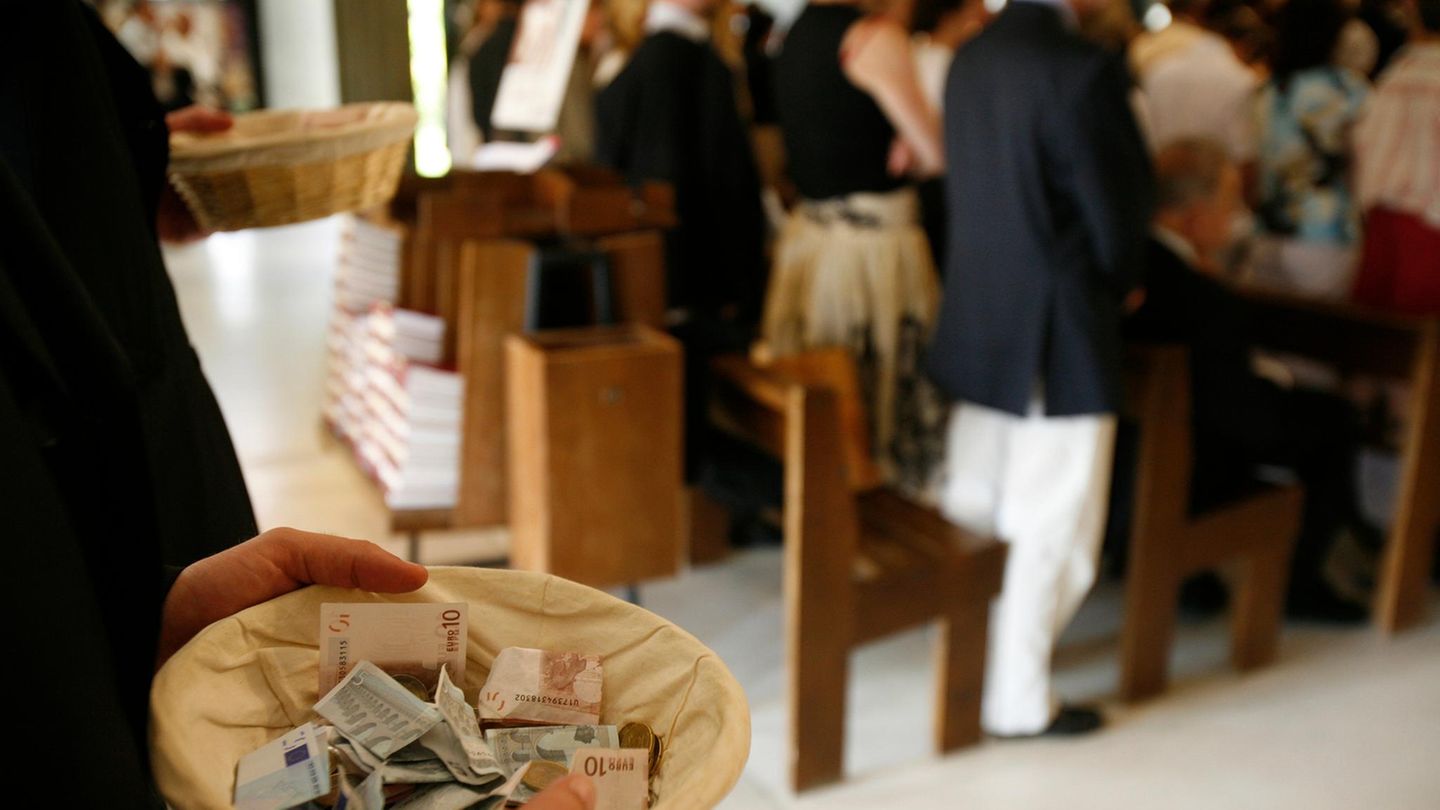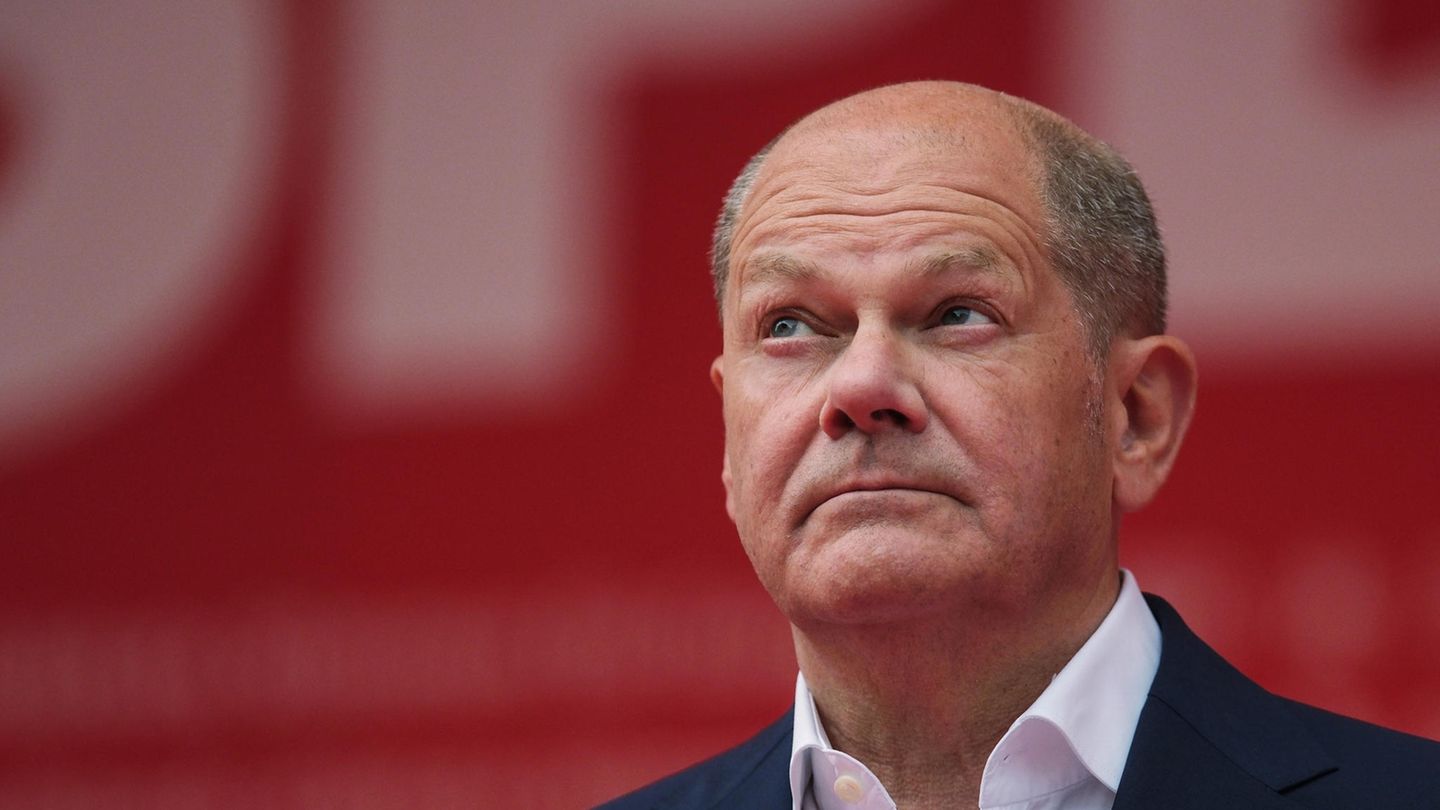I have been working in the news industry for over 6 years, first as a reporter and now as an editor. I have covered politics extensively, and my work has appeared in major newspapers and online news outlets around the world. In addition to my writing, I also contribute regularly to 24 Hours World.
Menu
SPD: After the slap in the face for the Chancellor, the party is seething
Categories
Most Read
Retirement provision: Coalition confident about pension despite dispute
October 16, 2025
No Comments
France: Government fall initially averted
October 16, 2025
No Comments
Government statement: Merz calls for a stronger Europe – and remains silent about military service
October 16, 2025
No Comments
Triumphal Arch: “Arc de Trump”: US President plans monument for Washington
October 16, 2025
No Comments
Why India no longer wants to buy oil from Russia
October 16, 2025
No Comments
Latest Posts

Backaldrin invests and creates 30 new jobs in Asten
October 16, 2025
No Comments
Visualization of the new building Peter Augendopler Junior (owning family), Harald Deller (General Director backaldrin), Günther Steinkellner (State Councilor for Infrastructure), Markus Achleitner (State Councilor

All the finals of the Under 20 World Cup that the Argentine National Team played: what is the history like?
October 16, 2025
No Comments
PierceI am Pierce Boyd, a driven and ambitious professional working in the news industry. I have been writing for 24 Hours Worlds for over five

Church tax: Church tax is the lowest in this federal state
October 16, 2025
No Comments
Personal Finance Who has to pay church tax and how much? Listen to article Copy the current link Add to watchlist The amount of the
24 Hours Worlds is a comprehensive source of instant world current affairs, offering up-to-the-minute coverage of breaking news and events from around the globe. With a team of experienced journalists and experts on hand 24/7.

